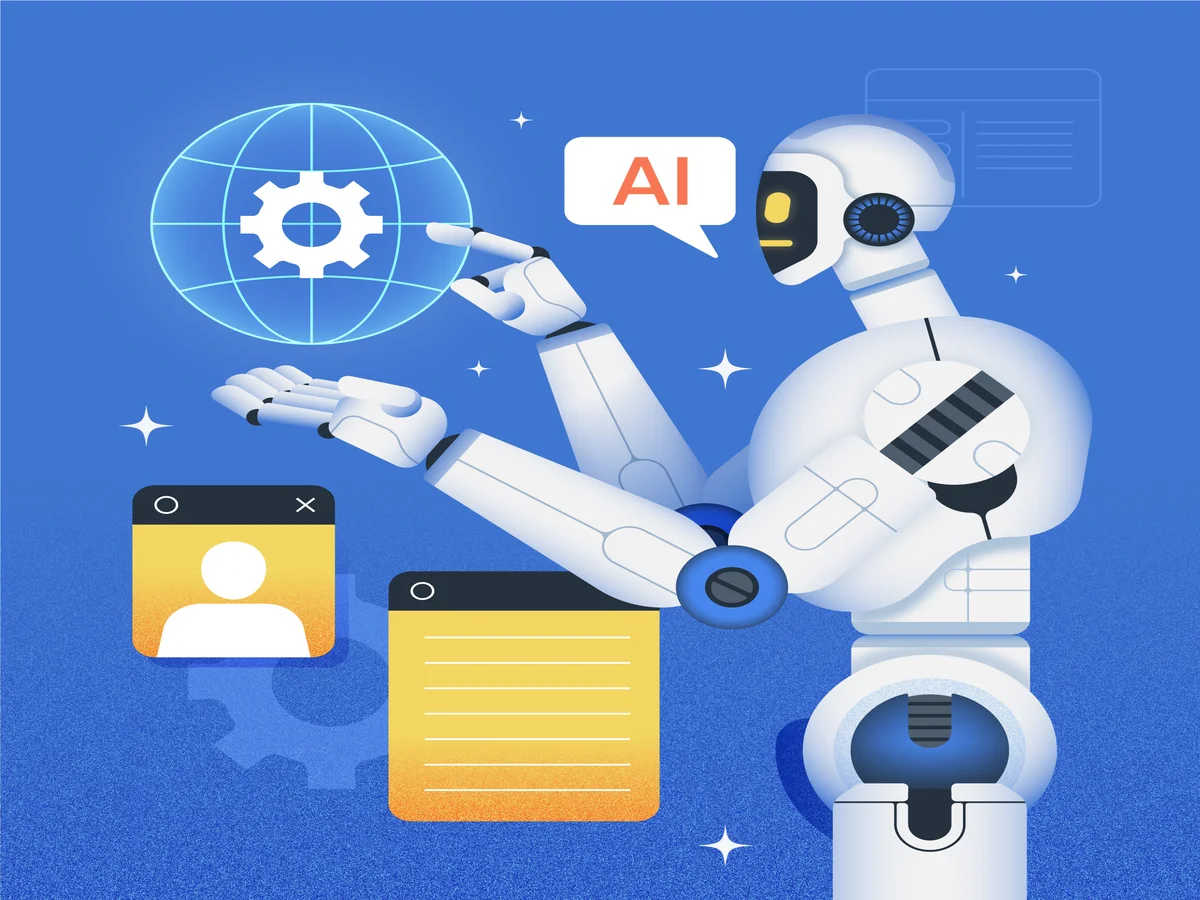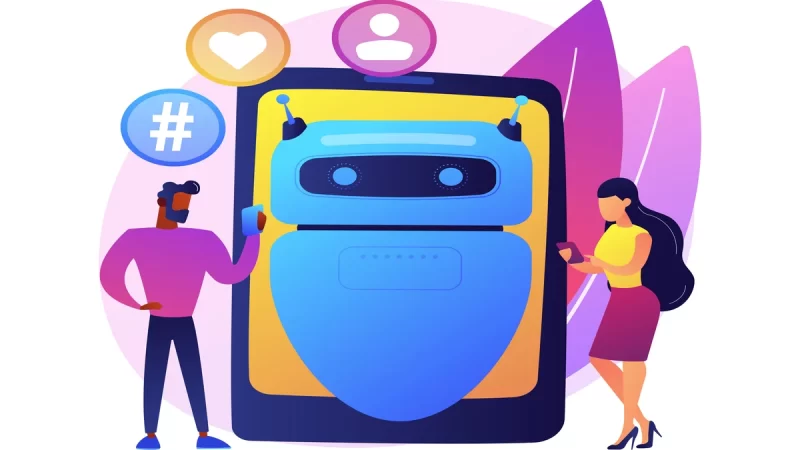Google AI Overviews Criticized for Providing Misleading and Unsafe Responses

In recent years, Google AI has become increasingly integrated into our daily lives, offering convenience, efficiency, and seemingly endless possibilities. However, with great power comes great responsibility, and Google’s AI systems have come under fire for providing misleading and unsafe responses. Let’s delve into some of the criticisms surrounding Google AI and explore the implications for users like you and me.
What is Google AI?
Before diving into the criticisms, let’s first understand what Google AI actually is. AI, or artificial intelligence, refers to the simulation of human intelligence in machines, allowing them to perform tasks that typically require human intelligence, such as problem-solving, understanding natural language, and learning from data.
Google AI encompasses a wide range of technologies and applications, from search algorithms to language translation, image recognition, and virtual assistants like Google Assistant. These AI systems analyze vast amounts of data to provide users with relevant information, make predictions, and automate tasks.
Criticisms of Google AI Overviews
One of the main criticisms leveled against Google AI is its tendency to provide misleading or inaccurate responses. While Google’s algorithms are constantly improving, they are not infallible and can sometimes misinterpret queries or provide outdated or incorrect information.
For example, a user might ask Google for information on a particular medical condition, only to receive inaccurate or even harmful advice. This could lead to individuals making uninformed decisions about their health or pursuing treatments that are not backed by scientific evidence.
Similarly, Google AI’s language models have been criticized for generating biased or offensive content. These models are trained on vast datasets of text from the internet, which can reflect the biases and prejudices present in society. As a result, they may inadvertently produce responses that perpetuate stereotypes or promote hateful ideologies.
Implications for Users
These criticisms have significant implications for users who rely on Google AI for information and assistance. Inaccurate or misleading responses can lead to confusion, frustration, and in some cases, harm.
For instance, imagine a student using Google to research a topic for a school project. If the information provided by Google AI is incorrect or outdated, it could result in the student receiving a lower grade or developing a misunderstanding of the subject matter.
Similarly, individuals seeking advice on sensitive topics such as mental health or personal finance may be vulnerable to receiving misleading information from Google AI. This could have serious consequences for their well-being or financial stability.
Addressing the Issues
To address these concerns, Google must prioritize the development of AI systems that prioritize accuracy, safety, and fairness. This includes implementing safeguards to prevent the dissemination of misinformation and biased content, as well as providing users with tools to evaluate the reliability of the information they receive.
Additionally, Google should invest in ongoing research and development to improve the capabilities of its AI systems and ensure they keep pace with evolving technology and societal needs. This may involve refining algorithms, expanding training datasets, and incorporating feedback from users and experts.
While Google AI has the potential to revolutionize how we access information and interact with technology, it is not without its drawbacks. Criticisms of misleading and unsafe responses highlight the importance of responsible AI development and usage.
As users, it is essential to approach information obtained from Google AI with a critical eye and seek corroborating evidence where necessary. By holding technology companies like Google accountable for the accuracy and safety of their AI systems, we can help ensure that the benefits of AI are realized without sacrificing trust and reliability.
FAQs About Google AI:
Google AI refers to artificial intelligence technologies developed by Google to perform various tasks, such as search algorithms, language translation, image recognition, and virtual assistants like Google Assistant.
Google AI systems use complex algorithms to analyze large datasets and perform tasks that typically require human intelligence, such as understanding natural language, making predictions, and recognizing patterns.
Google AI has faced criticism for occasionally providing inaccurate or outdated information in response to user queries. This can lead to confusion, frustration, and in some cases, harm, particularly when it comes to sensitive topics like health or finance.
Examples include providing inaccurate medical advice, promoting biased or offensive content, and generating misleading information on sensitive topics. These responses can have serious implications for users’ well-being and decision-making.
Google is continuously working to improve the accuracy, safety, and fairness of its AI systems. This includes implementing safeguards to prevent the dissemination of misinformation and biased content, as well as investing in ongoing research and development to improve AI capabilities.







